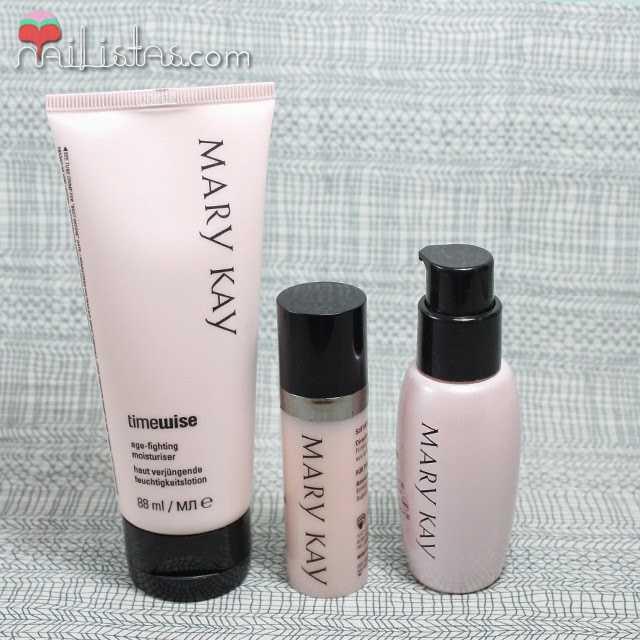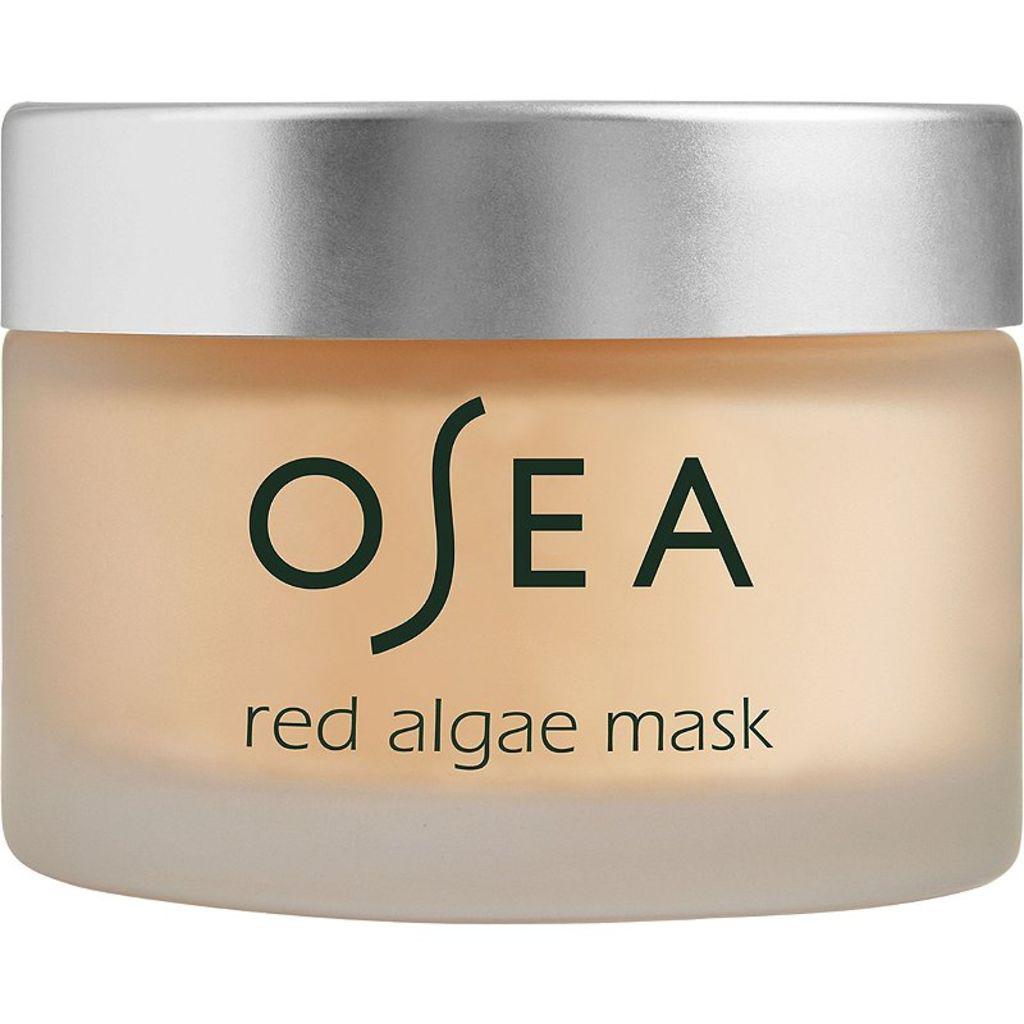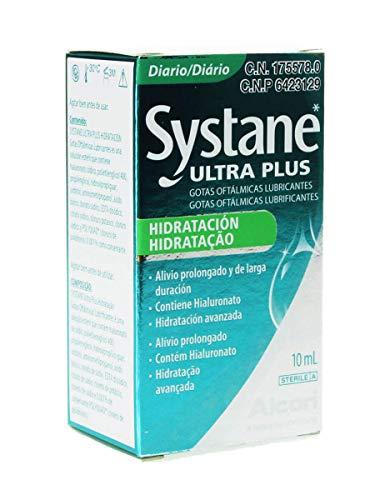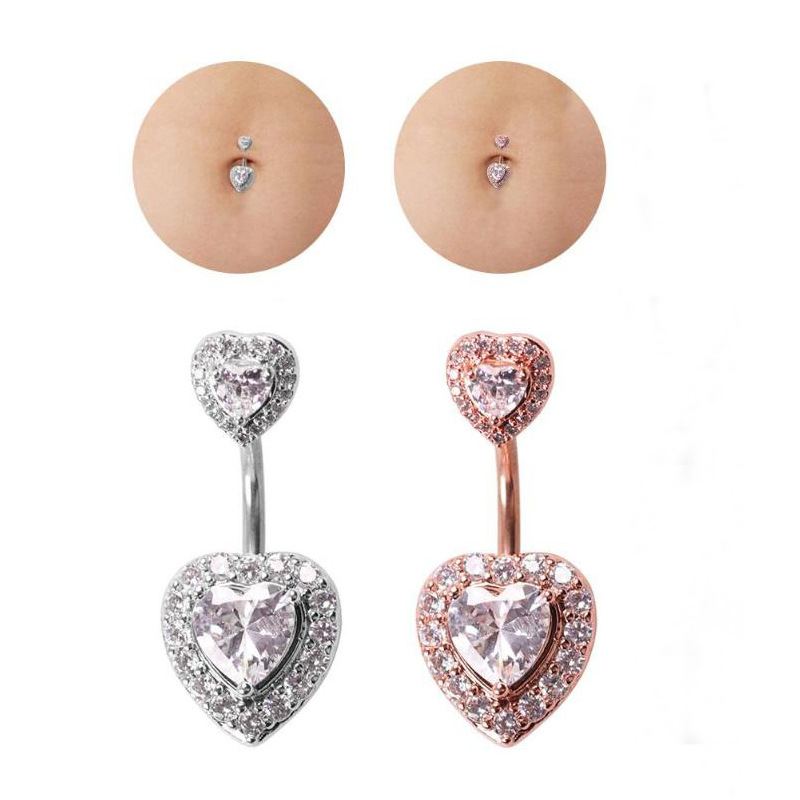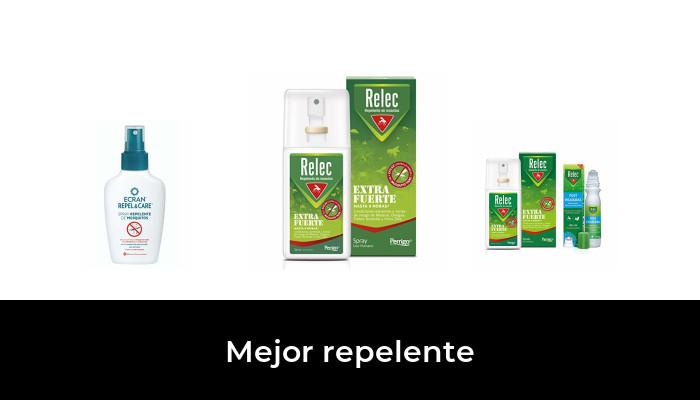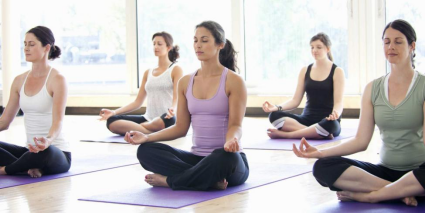5 things you need to know about sun protection
Skin careDermatologist Sam Bunting teaches us, in five simple tips, what to do and what not to protect our skin (well) from sun damage
By Hannah Coates
It's official: sun protection season has arrived. Although using SPF is essential to take care of your skin all year round, it is now – that the light and good weather increase and we spend more time outdoors – when many of us rethink our skin routine, SPF included. In terms of sun protection, there are usually quite a few doubts about which formulas are best for us or how much we should apply. We consulted with a dermatologist, Dr. Sam Bunting, for her top five tips for sun protection dos and don'ts so you can absorb that much-needed vitamin D with confidence.
Yes: opt for a broad-spectrum sunscreen
To protect the skin from UVA and UVB rays, both of which have harmful effects on the skin, it is essential to apply a broad-spectrum sunscreen. "The most important thing of all to maintain a good skin routine is to block UVA rays on a daily basis, which are present throughout the year," explains Dr. Bunting. "They can pass through glass and make up the majority (95 percent) of the ultraviolet light that reaches the earth."
Although UVB rays are the main cause of burns (at least the most visible) and are usually the ones we take into account the most because their damage is immediately observed, it is very important to make sure that the sunscreen we use also blocks UV rays. These cause wrinkles, pigmentation, uneven texture, enlarged pores, tightening of the skin and loss of collagen – in short, all the worst. “The problem is not so much going to the beach on vacation. What accumulates over the years is that daily walk at noon.” Broad-spectrum sunscreens offer fairly significant protection against UVA and UVB rays and are suitable for all skin types.
Yes: choose the most suitable sunscreen for your skin
Sunscreens are divided into two categories: chemical –formulated with ingredients such as octinoxate and oxybenzone that act as sunscreens, absorbing ultraviolet light to prevent skin damage–; and physical, with a mineral base – most commonly zinc oxide and titanium dioxide – that coats the skin with a physical shield that reflects light as well as absorbs it.
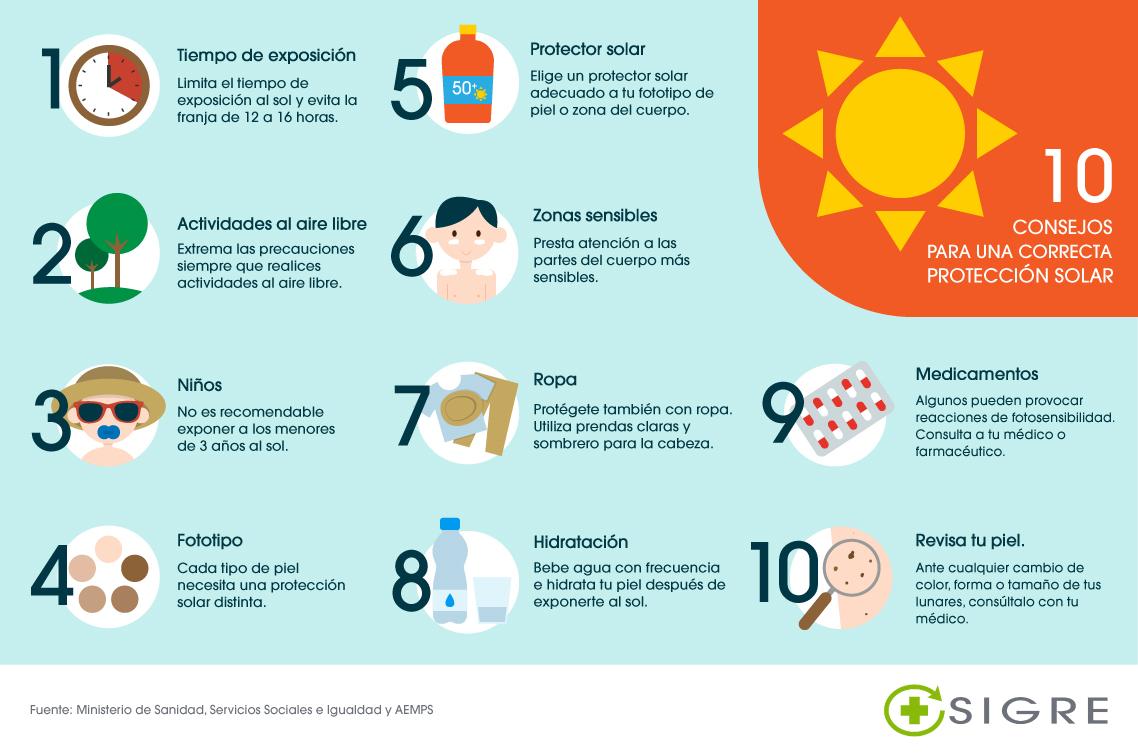
And which is the better protection of the two? Dr. Bunting explains that while hybrid products (both physical and chemical) provide "very good broad-spectrum UVA and UVB coverage," some skin types have an unfortunate reaction to chemical formulations, which They are often the preferred formulas because they do not leave that dreaded whitish layer on the skin (it is worth noting that physical sunscreens have improved a lot in this regard, and are less whitening thanks to the great advances they are making in the sector).
“If you have sensitive or redness-prone skin, rosacea, or any type of facial eczema, mineral sunscreen (like the one in my Gossamer product) is usually kinder,” she tells us. “It is also the type of filter that we use after performing laser procedures or peels, or if the skin barrier is altered. Both types can protect the skin well from UVA and UVB rays."
Don't... skimp on product
"We've gotten super pedantic when it comes to explaining the SPF level, but brands rarely talk about how important it is to apply the formula generously," says Dr. Bunting. "The word 'generously' means 10 different things to 10 different people reading it." To make sure you're using enough and getting all the good stuff, she recommends using a quarter teaspoon (or 1.25 ml) as the optimal measure for covering your face and neck. "You have to paint your face like you're painting the wall," she illustrates, stressing the importance of applying an even coat to get the protection you need.
One foolproof method is his “13-point technique,” which is as simple as it sounds and involves applying 13 different points of sunscreen around the face and spreading them all out: “It allows you to spread the sun evenly without leaving patches of sunscreen.” forgotten. If you start following these simple rituals now, you will age beautifully, to 40 and beyond. It's like the Bible to me."
Don't...rely (only) on the SPF of your makeup
It is very common to believe (wrongly) that we are already protected from the sun with the SPF that our daily makeup base carries. Dr. Bunting cautions that this is most likely not the case. “You have to use a specific sunscreen. The safest thing is that the SPF15 of your tinted moisturizer will not work for you, because with that you only protect the skin a little from UVB rays". On top of that, we do not usually apply enough to be well protected or cover with this base absolutely all areas of the face, which further underlines the importance of applying a more specific sunscreen.
Don't… wear a low sunscreen
The eternal doubt: SPF 30 or 50? “I am deeply in favor of SPF50. Ultraviolet light is a known entity that not only causes premature aging, but also cancer, and both relationships are proven without a doubt. Both of these things are highly preventable,” defends Dr. Bunting. As she points out, SPF50 offers 95 percent UV protection compared to 93 percent for SPF30 (a difference of two percent that adds up over time). To this is added that nobody is perfect, in the sense that many times we apply less sun protection than we should. "In order to apply little, I prefer it to be an SPF50 than a 30".
This article was originally published on Vogue.co.uk
13 facial sunscreens for 13 different needs
13 photosBy Ana Gandara
To see photos
![47 best antiage nutritive cream in 2022 [based on 326 reviews]](https://website-google-hk.oss-cn-hongkong.aliyuncs.com/drawing/article_results_6/2022/2/27/1918fc37c66ad30564173e69d9df88a0.jpeg)
